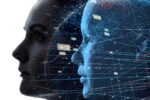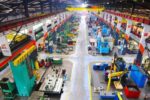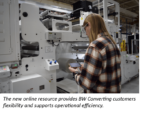Trillions to be unlocked in sustainable investment opportunities in Asia
Asia’s robust economic fundamentals present significant opportunities for scaling financing into sustainable development projects, even amid geopolitical headwinds and trade tensions, said policy and business leaders at the inaugural Hong Kong edition of Unlocking capital for sustainability. Against the backdrop of increasing global polarisation and accelerating climate change, Asia is uniquely positioned to lead decarbonisation efforts and capitalise on the opportunities that the region’s green transition offers. Hong Kong, in particular, has emerged as a key gateway in the region for sustainable finance, authorising over 220 environmental, social and governance (ESG) funds last year, with assets under management (AUM) totaling HK$1.2 trillion, with opportunities for trillions more. In his keynote address, Christopher Hui Ching-yu, Secretary for Financial Services and the Treasury, Government of the Hong Kong Special Administrative Region, noted that Hong Kong’s “markets, regulatory frameworks and connectivity with global capital flows position us uniquely – not merely as a gateway, but as a catalyst for scaling green and transition finance across Asia and beyond.” Hong Kong is making significant strides, with green and sustainable debt issuances in 2024 exceeding US$84 billion. The city is also fostering cross-border trade and digital collaboration in carbon markets to connect capital with carbon projects worldwide, developing its FinTech ecosystem to finance underfunded and impactful green projects, and building the capacity of its workforce to meet the demand for green skills, highlighted Hui. Themed “Mobilising capital for the green transition”, the inaugural Hong Kong edition of the thought leadership forum, organised by Eco-Business in partnership with United Nations Environmental Programme Finance Initiative (UNEP FI), took place during Hong Kong’s Wealth and Investment Mega Week. Hosted at Renaissance Hong Kong Harbour View Hotel, the forum gathered more than 120 decision-makers across government, finance and industry to identify the solutions needed to mobilise finance for Asia’s […]









